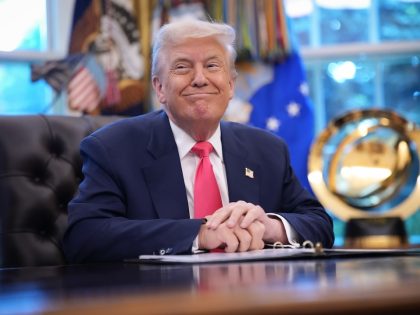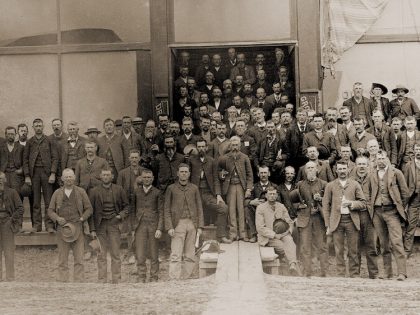
Donald Trump and the Return of Capitalist Nihilism
The Trump administration is frequently operating outside the logic of capitalist self-interest, powered by an appetite for cruelty and destruction for the sake of cruelty and destruction and an all-consuming resentment.
















